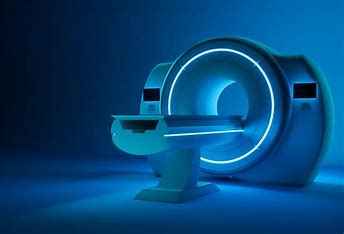When it comes to medical diagnoses, especially those involving complex imaging like MRI scans, seeking a second opinion is a proactive step towards informed decision-making. In the realm of medical imaging, Magnetic Resonance Imaging (MRI) stands as a powerful tool for diagnosis. This blog aims to shed light on the significance of obtaining a second opinion for MRI results and how it can be a crucial part of your healthcare journey.
-
Precision in Diagnoses:
An MRI is a detailed and intricate imaging technique, often used to diagnose various medical conditions. However, the interpretation of these images may vary among healthcare professionals. Seeking a second opinion ensures that the diagnosis is thorough, precise, and well-researched, providing you with a comprehensive understanding of your medical situation.
-
Clarification of Ambiguous Results:
Medical imaging reports can sometimes contain ambiguous findings or interpretations. A second opinion can help clarify any uncertainties, offering a more nuanced and detailed analysis of the MRI results. This clarification is especially crucial when the initial findings are inconclusive or open to different interpretations.
-
Exploration of Alternative Treatment Options:
A second opinion isn't just about confirming a diagnosis; it can also open the door to exploring alternative treatment options. Different healthcare professionals may have varying perspectives on the best course of action, and seeking a second opinion empowers you with a broader range of insights to make informed decisions about your healthcare.
-
Peace of Mind for Patients:
A medical diagnosis can be a stressful experience, and uncertainties in the results can exacerbate anxiety. A second opinion acts as a valuable reassurance, offering peace of mind and confidence in the accuracy of the diagnosis. It allows you to move forward with your treatment plan with a greater sense of assurance.
-
Validation of Current Treatment Plans:
If you've already started a treatment plan based on the initial MRI results, obtaining a second opinion can validate the chosen course of action. It serves as a check to ensure that the prescribed treatment aligns with the most up-to-date and comprehensive understanding of your medical condition.
-
Empowering Patients in Their Healthcare Journey:
In an era where patient empowerment is increasingly emphasized, seeking a second opinion is a proactive step towards taking control of your health. It fosters collaboration between patients and healthcare professionals, creating a more transparent and patient-centric healthcare experience.
Conclusion:
Your health is of paramount importance, and when it comes to complex diagnostic tools like MRI, obtaining a second opinion is a wise and empowering decision. It ensures accuracy, offers peace of mind, and provides you with the knowledge and confidence needed to make informed decisions about your healthcare. Remember, your well-being is a collaborative effort, and seeking a second opinion is a step towards a healthier, more informed future.


No comments yet